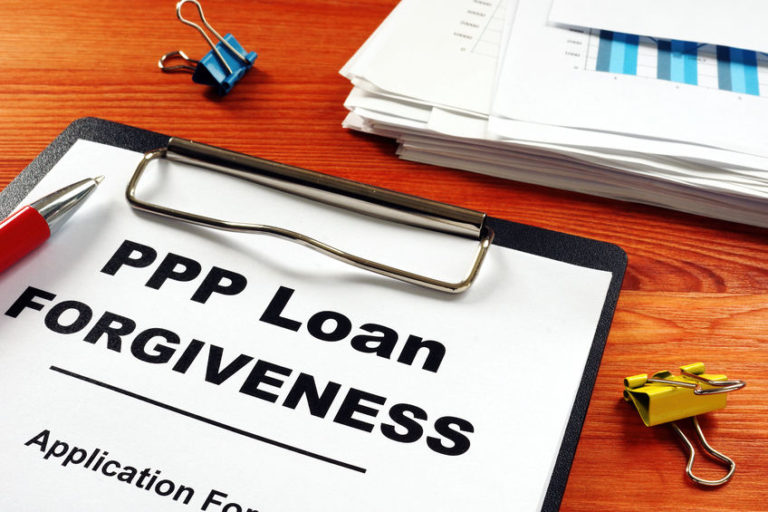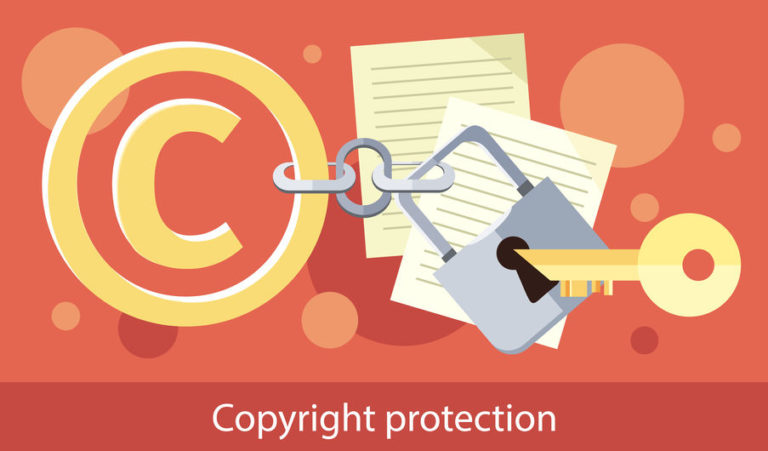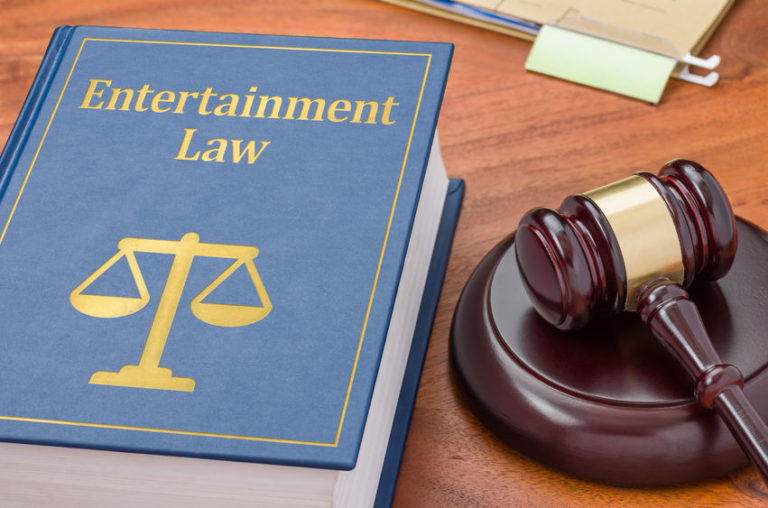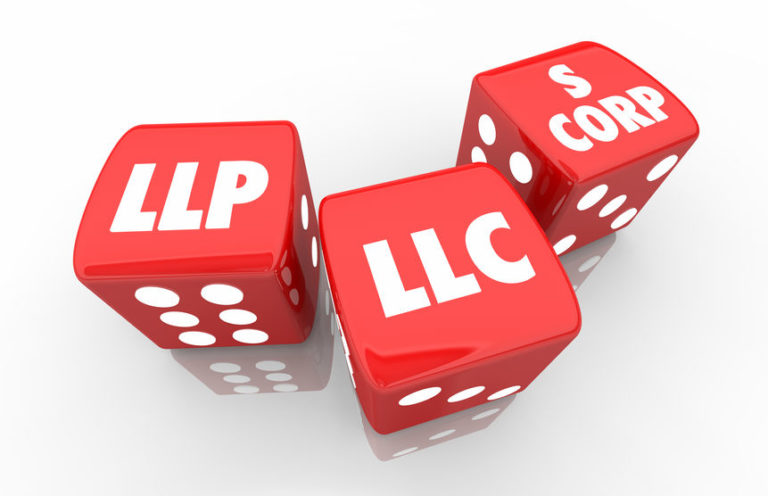
What Is the Difference Between a Franchise and An Authorized Dealer?
Oftentimes people use the words dealer and franchise interchangeably, however, there are notable differences between the two. Franchises are agreements between

What is a “statutory employer” in the context of labor and employment law?
Why does my W-2 say I am a statutory employee? What is a statutory employee? If your W-2 says you are

Do you have questions about the Second Round of PPP Loan Forgiveness?
Did you receive a PPP Loan during the second round of disbursements? Are you not sure how PPP Round 2 differs

What type of copyright protections are available when publishing works online?
Copyright protection is automatic once you create an original work, which can range from musical work, artistic, literary or any other

What is a Credit Card Surcharge?
When you pay for goods or services using a credit card, the merchant is charged a “swipe fee” or “interchange fee”

Is a Hostile Work Environment Illegal?
A “hostile work environment” is a legal term. For a workplace to be hostile, certain legal criteria must be met. The

What is a Hostile Work Environment?
A “hostile work environment” is a legal term. For a workplace to be hostile, certain legal criteria must be met. The

Limiting The Anti-Hacker Law
Do You Use Your Company’s Computers to Access Restricted Files? In a newly decided case, Van Buren v. United States, the

What is a Performance Rights Organization (PRO)?
A Performance Rights Organization, or PRO, is an organization that collects royalties on behalf of songwriters and publishers for public performances

What is an LLP versus an LLC?
An LLP is a Limited Liability Partnership and is, simply put, a cross between a corporation and a partnership that allows

